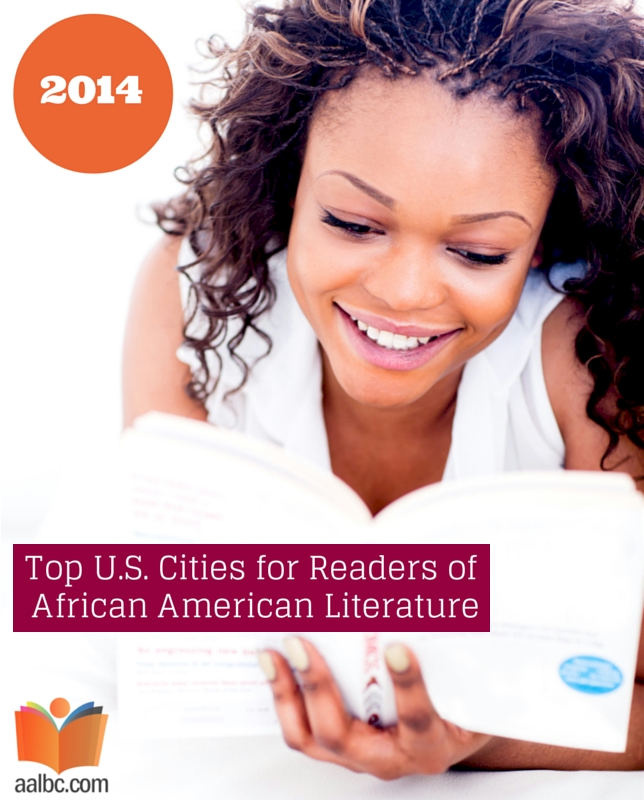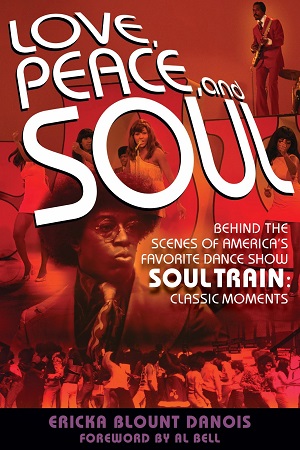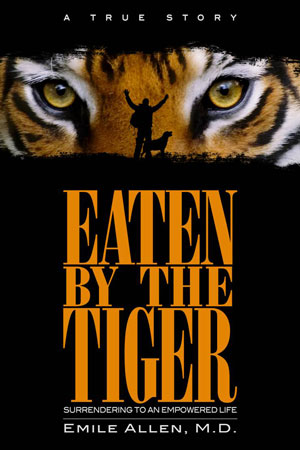 On November 5, 2002, Austin Clarke won the Giller Fiction Prize for his latest novel The Polished Hoe. Clarke’s first novel, Survivors of the Crossing, was published in 1964. From the very beginning his work was highly praised, but recognition in Canada eluded him. Not until 1997 and his twentieth book, The Origin of Waves, which won the Rogers Communications Writers’ Trust Award, changed things significantly for him. In 1999, he won the W. O. Mitchell Prize, which is given annually to a Canadian who has produced an outstanding body of work and served as a mentor for other writers. The Question, his novel published in 2000, was shortlisted for the Governor-General Award.
On November 5, 2002, Austin Clarke won the Giller Fiction Prize for his latest novel The Polished Hoe. Clarke’s first novel, Survivors of the Crossing, was published in 1964. From the very beginning his work was highly praised, but recognition in Canada eluded him. Not until 1997 and his twentieth book, The Origin of Waves, which won the Rogers Communications Writers’ Trust Award, changed things significantly for him. In 1999, he won the W. O. Mitchell Prize, which is given annually to a Canadian who has produced an outstanding body of work and served as a mentor for other writers. The Question, his novel published in 2000, was shortlisted for the Governor-General Award.
Clarke is the author of some twenty-plus books, including ten novels, several collections of short stories, an autobiography, a culinary memoir, a collection of poems, and several essays on social issues. Half of his novels and about a third of his stories are set in Barbados, sometimes called Bimshire, the name by which Barbadians affectionately call their island.
According to Clarke’s biographer, Stella Algoo-Baksh, Clarke led a penurious existence during the early years of writing. Clarke takes every opportunity he can to let the public know that without the support of his wife Betty during those lean years, his writing career might have foundered. Although at various times, he held positions as lecturer or writer-in-residence at many prestigious universities, and freelanced for the Canadian Broadcasting Corporation, not to mention his being cultural attaché at the Barbadian embassy in Washington and later director of culture in Barbados, Clarke’s inability to play the institutional game of winking at injustice—racial in Canada and the US, political and social in Barbados—made him an unwelcome presence. Moreover, these positions restricted what he wanted to do most: to write. At one point he became involved with the Ontario Progressive Conservative Party, thinking, naively, he now says, that he could change the system from within. For a few years in the early 1990s he was a refugee court judge.
Anyone familiar with Clarke’s corpus knows from Growing up Stupid under the Union Jack, Clarke’s autobiography which covers his life up to Harrison College, that Clarke’s books set in Barbados are profoundly informed by his personal experiences and the issues affecting Barbadians while he came of age there. The Meeting Point, Storm of Fortune, and The Bigger Light, referred to as The Toronto Trilogy, were until the books by Dionne Brand, Nourbese Philip, Makeda Silvera, Cecil Foster, Althea Prince and myself, the only fictional exploration of West Indian immigrant life in Canada.






 First came slavery. When it ended there was a brief period in the sun called Reconstruction, followed by the long dark night of the Jim Crow Laws and legalized segregation in which we were forced into second class status, and now comes
First came slavery. When it ended there was a brief period in the sun called Reconstruction, followed by the long dark night of the Jim Crow Laws and legalized segregation in which we were forced into second class status, and now comes 

 On November 5, 2002, Austin Clarke won the Giller Fiction Prize for his latest novel
On November 5, 2002, Austin Clarke won the Giller Fiction Prize for his latest novel 




